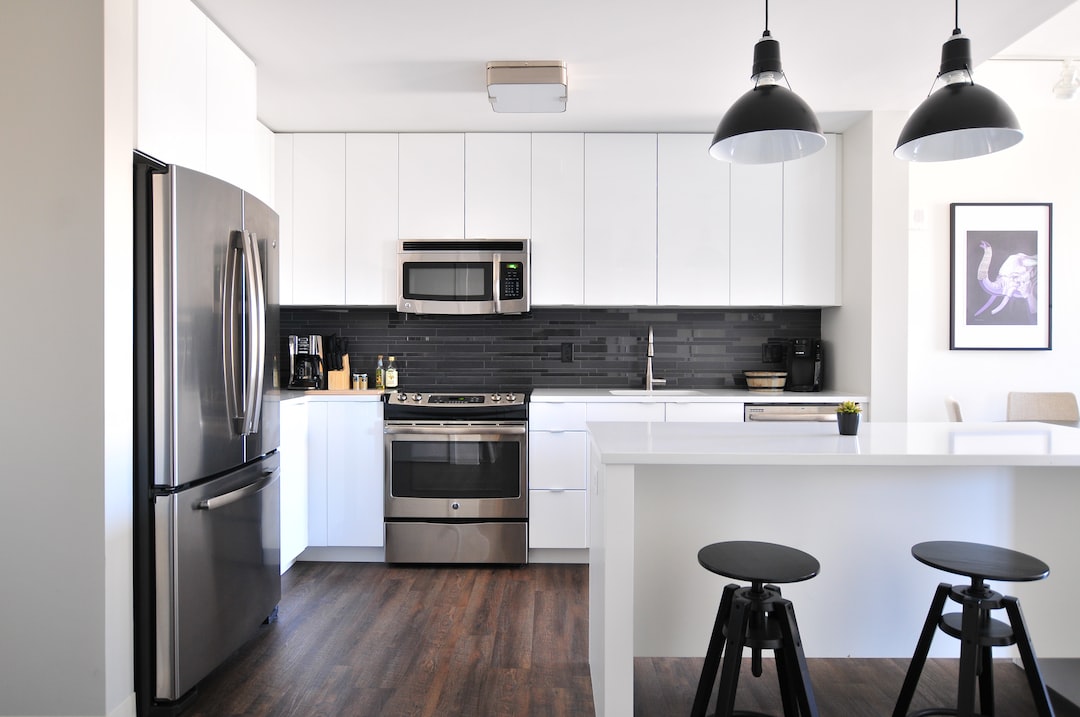Renting vs. Buying: Which is the Better Option?
When it comes to the age-old question of whether to rent or buy a home, there is no definitive answer. The decision ultimately depends on an individual’s finances, lifestyle, and long-term goals. While some people prefer the stability of homeownership, others enjoy the flexibility and lower commitment that renting provides. In this article, we will explore the advantages and disadvantages of both renting and buying, helping you make an informed decision about which option suits you best.
Advantages of Renting
Renting offers a range of advantages that make it an attractive option for many individuals. Firstly, renting typically requires a lower upfront cost compared to buying a home. When renting, you usually only need to pay a security deposit and the first month’s rent, whereas buying a home involves a substantial down payment and closing costs. This makes renting a more affordable choice, especially for those who may not have enough savings to cover the upfront expenses of buying.
Renting also provides greater flexibility and mobility. If you prefer to have the freedom to move frequently, renting allows for much more flexibility compared to homeownership. Whether you need to relocate for a job or simply want to explore different neighborhoods, renting makes it easier to pack up and move without the hassle of selling a property. Additionally, renting often includes maintenance and repairs that are covered by the landlord, saving tenants from the financial burden of unexpected expenses.
Disadvantages of Renting
Despite its advantages, renting also has its drawbacks. One major drawback is the lack of ownership and potential for rent increases. When renting, you are subject to the decisions and rules set by your landlord. This means that you have limited control over the property, including its appearance, modifications, or even the ability to have pets. Furthermore, landlords have the right to increase rent at the end of a lease term, potentially making it challenging to budget effectively and plan for the long-term.
Renting is also often perceived as throwing money away since the monthly rent payments do not build equity. Unlike homeowners, renters do not have the opportunity to build an asset and increase their net worth over time. Instead, the money spent on rent goes directly to the landlord. This can be seen as a disadvantage for those who value long-term financial stability and wealth accumulation.
Advantages of Buying
Homeownership also offers a range of benefits that make it a favorable choice for many individuals. One significant advantage is the opportunity to build equity. When you make mortgage payments, a portion of each payment goes towards paying down the principal amount, increasing the equity you have in the property. Over time, as the property value appreciates and the mortgage balance decreases, homeowners often accumulate wealth and possess a valuable asset that can be used for future investments or even a source of income in retirement.
Another advantage of buying a home is the ability to personalize and modify the property to meet your needs and preferences. Homeowners have the freedom to decorate, renovate, and make structural changes to their home without any restrictions from a landlord. This provides a sense of ownership and the ability to create a living space that truly reflects your personality and style.
Disadvantages of Buying
While buying a home may seem like a dream investment, it is important to consider the potential disadvantages as well. One significant drawback is the high upfront costs. Buying a home involves a down payment, closing costs, and other fees, which can add up to a substantial amount. This can make homeownership out of reach for many individuals, especially those without a significant amount of savings or a high credit score.
Homeownership also comes with ongoing expenses that renters do not have to worry about. Property taxes, homeowners insurance, maintenance, and repairs are the responsibility of the homeowner. These costs can be unpredictable and can add extra financial strain, especially when unexpected repairs or emergencies arise. Additionally, the process of selling a home can be time-consuming and costly, especially in a slow real estate market. This lack of liquidity means that homeowners may have limited options if they need to move quickly or face financial hardship.
Conclusion
In the debate between renting vs. buying, there is no definitive answer. The choice ultimately depends on an individual’s unique circumstances, preferences, and financial goals. Renting offers flexibility, lower upfront costs, and fewer responsibilities, but does not provide the opportunity to build equity. On the other hand, buying a home offers the potential for long-term financial stability, the ability to personalize and modify the property, but comes with higher upfront costs and ongoing expenses.
Before making this important decision, it is advisable to carefully assess your financial situation, long-term goals, and lifestyle preferences. Consulting with a financial advisor or a real estate professional can also provide valuable insights and guidance to help you make an informed choice. Ultimately, the decision comes down to what is best for you and your unique circumstances.

